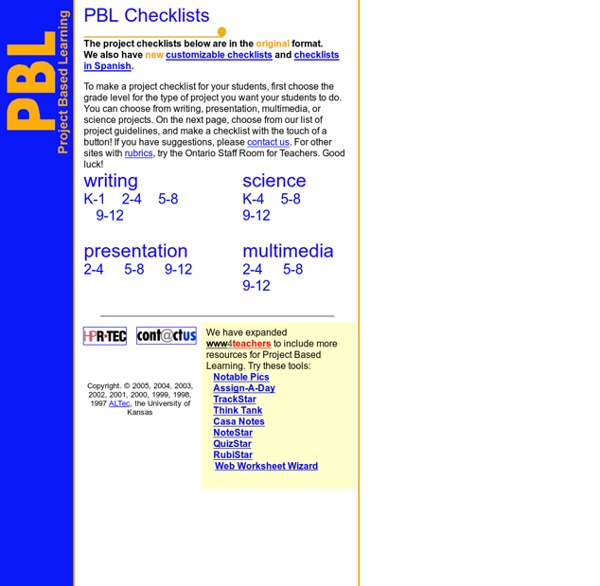



Worksheets, Lesson Plans, Teacher Resources, and Rubrics from TeAch-nology.com The Ten Commandments of Effective Classroom Management The Ten Commandments of Effective Classroom Management By William Shoap closeAuthor: William Shoap Name: William ShoapSite: See Authors Posts (1) William Shoap posted these commandments on the Classroom Management chatboard, and we thought them worthy of sharing here. One of the biggest barriers to teaching and learning in any school environment is the lack of effective classroom management methods. Young teachers, new to the teaching profession, may possess the necessary academic knowledge to teach their subject but often must learn classroom management skills on the job, which can make for a very challenging first few years in this career. Here are 10 practical tips for new teachers to aid in building a successful classroom management strategy: Thou shall be called by no other name than “Mr.” or “Mrs” or “Ms.” This entry was posted on Sunday, August 1st, 2010 and is filed under *ISSUES, August 2010, William Shoap.
Guidelines for Online Teaching Success Years ago at a faculty meeting Larry Ragan, PhD, director of Faculty Development for Penn State’s World Campus, was trying to soft-sell the idea of performance expectations for online faculty. He didn’t want the discussion to be misinterpreted as an indictment against their teaching style, but he also saw an opportunity to share proven practices for improving the online teaching and learning experience. Finally a senior faculty member grew tired of the tip-toeing around the subject and said, “If you don’t tell us what is expected, how will we know what to do to succeed?” The faculty member’s point was well taken, and over the years Ragan and others on various committees at Penn State have worked to define: Core competencies for online teaching success – Currently there are 28 competencies across the three main topic areas of technology, course administration, and pedagogy. The online instructor performance expectations he discussed are: 1. The instructor is expected to: 2. 3. 4. 5. 6. 7.
The Cornerstone A Turn to Learn: September 2012 This idea is actually a gem that one of my students thought of a few years ago! One of my classes' favorite YouTube videos was this one... "If You're a Boy" from Harry Kindergarten. Well... my kids were chatty one day and I said "If you're a boy zip your lips." One of my girls said "If you're a boy, a boy, if you're a boy zip your lips!" When my kids get chatty, all I do is start to sing the song! If they're extra loud, I have them do actions that will get the other students attention (e.g. ones that make them move more or make more noise) such as: pat your legs, jump up and down or clap your hands. If there's only one or two students chatting, I usually do more silent action, such as zip your lips, fold your hands. I actually also use this to get my students to clean up at the end of their writing period. How do you get your kids to quiet down!
Utah Coalition for Educational Technology (UCET) Understanding Rubrics by Heidi Goodrich Andrade Understanding Rubrics by Heidi Goodrich Andrade Authentic assessments tend to use rubrics to describe student achievement. At last, here’s clarity on the term. Every time I introduce rubrics to a group of teachers the reaction is the same — instant appeal (“Yes, this is what I need!”) What Is a Rubric? A rubric is a scoring tool that lists the criteria for a piece of work, or “what counts” (for example, purpose, organization, details, voice, and mechanics are often what count in a piece of writing); it also articulates gradations of quality for each criterion, from excellent to poor. The example in Figure 1 (adapted from Perkins et al 1994) lists the criteria and gradations of quality for verbal, written, or graphic reports on student inventions — for instance, inventions designed to ease the Westward journey for 19th century pioneers for instance, or to solve a local environmental problem, or to represent an imaginary culture and its inhabitants, or anything else students might invent.
Rubrics to the Rescue By Melissa D. Henning, M.Ed. Read this teacher-friendly article for an overview of the rationale for using rubrics and tools and tips for implementing rubrics as an assessment tool in your classroom. You will be able to create and start using rubrics for student assessment within an hour. What Are RubricsWhy Use Rubrics?Rubric Pro and ConImportant Characteristics of RubricsInvolving Students in Creating RubricsReady Made RubricsCreate Your Own Rubrics Using Online ToolsExamples of Classroom Projects That Use RubricsSources for Rubrics to the Rescue How Do Rubrics Help? Rubrics are multidimensional sets of scoring guidelines that can be used to provide consistency in evaluating student work. They spell out scoring criteria so that multiple teachers, using the same rubric for a student's essay, for example, would arrive at the same score or grade. Rubrics are used from the initiation to the completion of a student project. Rubrics are great for students: they let students know what is expected of them, and demystify grades by clearly stating, in age-appropriate vocabulary, the expectations for a project. Teacher Eeva Reeder says using scoring rubrics "demystifies grades and helps students see that the whole object of schoolwork is attainment and refinement of problem-solving and life skills." Rubrics also help teachers authentically monitor a student's learning process and develop and revise a lesson plan. There are two common types of rubrics: team and project rubrics. Team Rubrics Did the person participate in the planning process? Project Rubrics